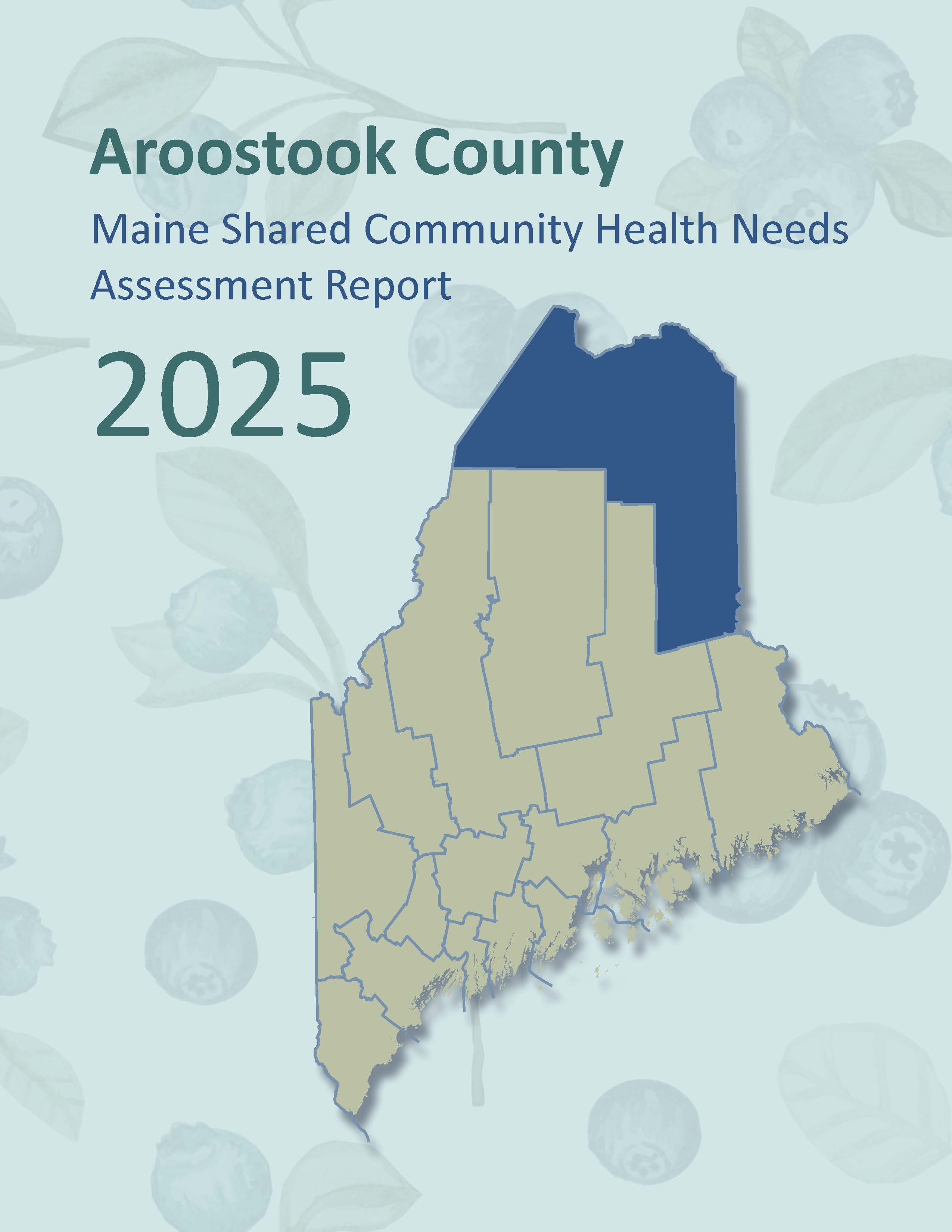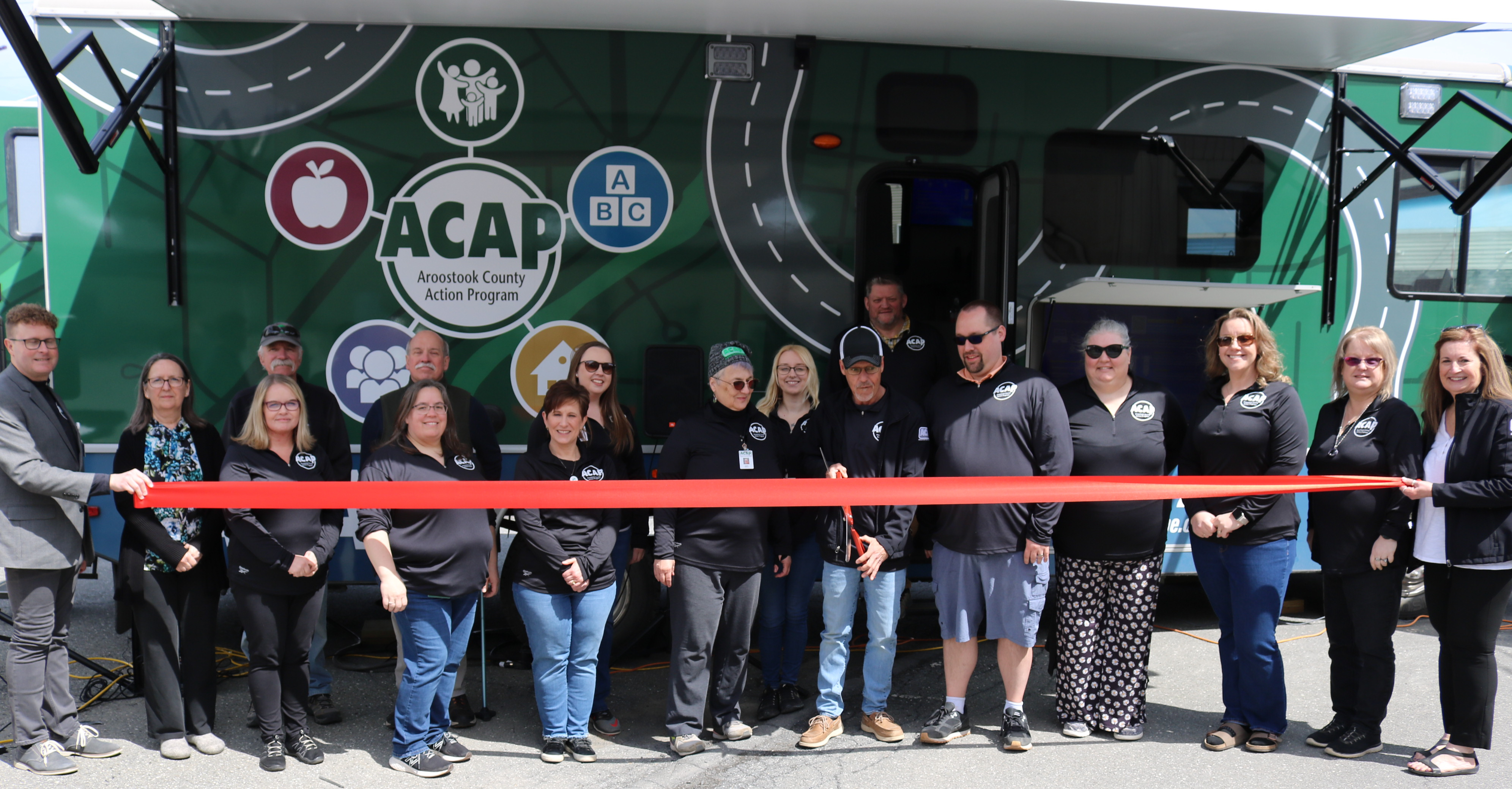Latest News
Shaw House and ACAP awarded funding to create innovative programs to end and prevent youth homelessness that will be used as model in other rural communities nation-wide

A new collaborative partnership between two organizations serving northern and eastern Maine has been successful in securing $1.58 million in grant funding to create new and innovative programs to end and prevent youth homelessness.
MaineHousing has awarded Shaw House, managed by Community Care - headquartered in Bangor, and Aroostook County Action Program (ACAP) - with its main administrative office in Presque Isle, funds to serve Maine’s five northern and easternmost counties – Aroostook, Hancock, Penobscot, Piscataquis and Washington. The total amount awarded across Maine is $3.2 million. In addition to ACAP and Shaw House, other funded recipients include Penquis, Preble Street, and Volunteers of America: Northern New England.
“As we work to address and prevent all forms of homelessness, this work is especially important,” said Daniel Brennan, Director of MaineHousing. “We know that investing in Maine’s youth is key to creating better long-term outcomes for young people who have experienced homelessness. This is a preventable and solvable issue. We are honored to lead this effort in Maine and be an example of what other rural communities can – and must – do across the U.S.”
The funds are available as a result of the $3.35 million dollar U.S. Department of Housing and Urban Development (HUD) Youth Homelessness Demonstration Program (YDHP) grant. New Beginnings, the only emergency shelter licensed for 24-hour care for youth in Maine, was critical in getting the funding to Maine.
“Youth homelessness is a concern that many communities across the nation struggle with. Shaw House is excited to partner with our colleagues at the Aroostook County Action Program (ACAP) to bring support and hope to many individuals who are or at risk of homelessness,” said David McCluskey, Executive Director of Community Care, which manages Shaw House. With the support from YHDP, HUD and MaineHousing, we will make substantive changes in how services are delivered with a goal of limiting the experience of homelessness to one of being rare and very short in duration.”
“The opportunity to make a significant and positive impact in the lives of vulnerable young people across some of the most rural and remote parts of our state is something both ACAP and Shaw House are committed to,” said Jason Parent, CEO of ACAP. “Bringing the respective and collective strengths and talented, innovative and dedicated teams of our two organizations together will allow us to meet the needs of an underserved population that will result in long-term impacts on individuals, families and communities. This is a substantial commitment by MaineHousing, ACAP, Shaw House and the Federal funding partners in the youth of our region that will have a resounding return on investment for many years to come, and will have implications for similar change in other rural communities across the country – which is huge.”
These grants were selected for funding by a statewide group representing MaineHousing, Maine’s Department of Corrections, Department of Education, Department of Health and Human Services, local municipalities, nonprofit youth serving agencies, and most importantly, youth with lived experiences in homelessness.
“We worked hard to make sure this funding is going to those lacking funding in rural areas,” said Kelsea Vincent of the Maine Statewide Youth Action Board. “I’m excited to see how many lives we are able to change with this demonstration process. These organizations have worked hard to create outstanding projects that will create more homes and opportunities for youth and young adults.”
Maine is one of only a few rural communities in the U.S. to receive this funding. Subgrantee funding decisions placed an emphasis on improved and increased access to services specific to youth experiencing homelessness in rural communities. The funded projects will serve as models to address youth homelessness in other rural communities across the United States.
Category
Recent Posts



